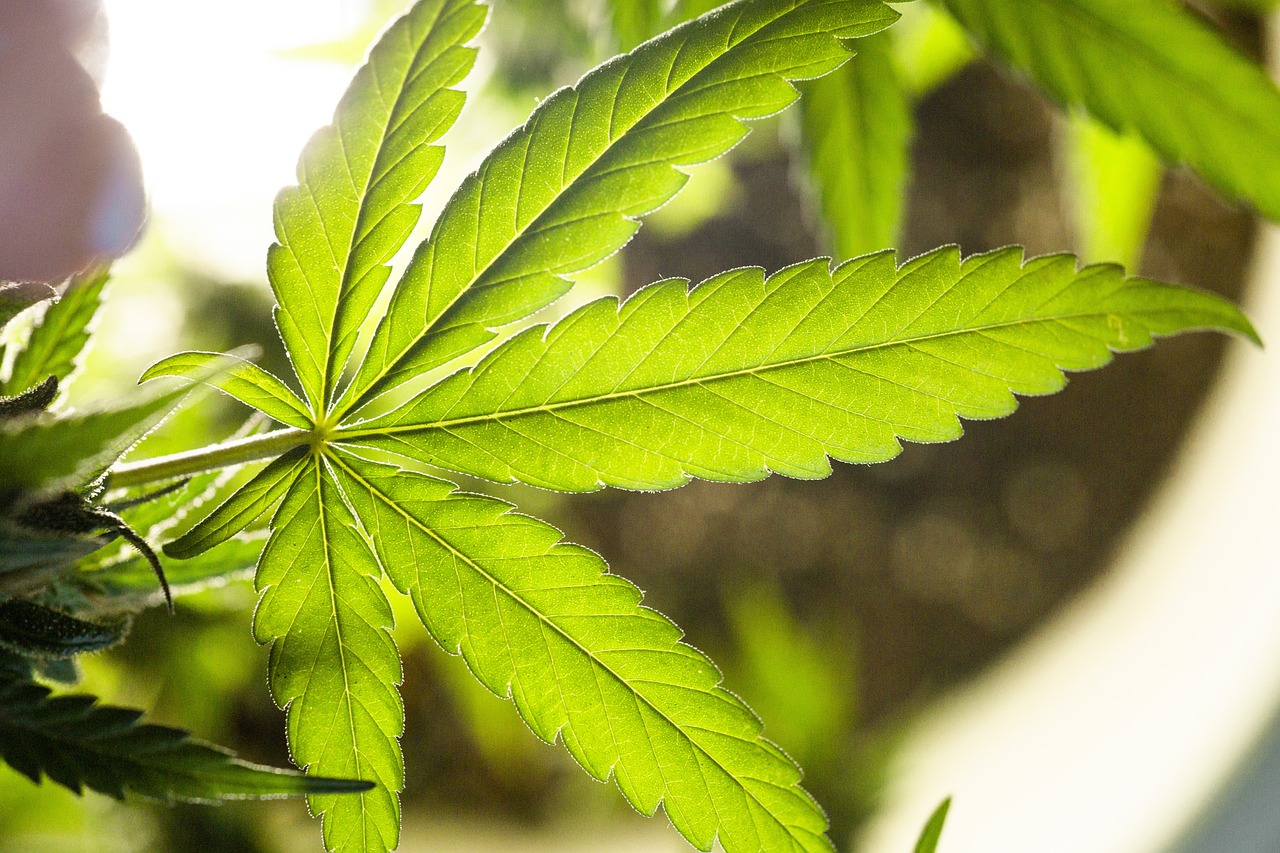Virginia Navigates the Complex Path to Cannabis Legalization with New Legislation
NEW YORK- In the evolving landscape of cannabis legalization, Virginia has emerged as a pivotal battleground, illustrating the multifaceted journey towards establishing a regulated market. The state’s House of Representatives has recently passed a bill indicating significant strides towards the introduction of retail cannabis stores by January 2025, marking a critical step forward in the state’s cannabis policy.
House Bill 698, extensively deliberated within the Virginia State House, carries with it the potential to reshape the state’s economic and social fabric. Authored by Delegate Paul Krizek, the bill proposes a structured approach to cannabis sales, drawing inspiration from Maryland’s foray into a regulated cannabis marketplace. It outlines a phased roll-out of retail operations, initially leveraging existing medical cannabis dispensaries to fill the market gap until a comprehensive network of retailers is established in 2025.
A notable feature of the bill is its commitment to social equity, providing $400,000 in financial support to each microbusiness in collaboration with medical marijuana providers. This initiative aims to ensure equitable market access, especially for businesses owned by individuals with historical ties to economically disadvantaged areas or those with past cannabis misdemeanor convictions. With a tax rate fixed at 9%, the bill seeks to foster a balanced economic environment conducive to growth without dampening sales.
Despite its forward-thinking provisions, the bill has sparked debate, particularly around the advantages it grants to existing medical marijuana operators by allowing them early entry into the recreational market. This aspect underscores the ongoing negotiation between fostering an inclusive market and ensuring an efficient transition to adult-use sales.
Parallel to the House’s efforts, the Virginia Senate, led by Senator Aaron Rouse, has proposed an alternative path through Senate Bill 448. Rouse’s legislation diverges by prioritizing a more equitable framework that benefits hemp cultivators transitioning to the cannabis space, without fast-tracking medical marijuana businesses into the recreational domain. This difference in legislative approach reflects a broader dialogue on achieving fairness and efficiency in the burgeoning cannabis industry.
The legislative dynamics in Virginia highlight the complex interplay of political ideology, economic aspirations, and social justice considerations defining the state’s approach to cannabis legalization. With Governor Glenn Youngkin expressing reservations about advancing cannabis legislation, the trajectory of these bills underscores the intricate process of transforming policy proposals into actionable law.
Virginia’s legislative endeavors are more than a state-level issue; they represent a microcosm of the national debate on cannabis legalization, touching upon themes of economic opportunity, rectification of past injustices, and the crafting of a fair and sustainable market. As these discussions progress, they offer a glimpse into the potential future of cannabis policy in the United States, where economic potential and social equity are inextricably linked.
As Virginia continues to chart its course towards a regulated cannabis market, the outcomes of these legislative efforts will undoubtedly influence broader national conversations on cannabis legalization. The state’s careful navigation through the complexities of policy-making serves as a testament to the challenges and opportunities that lie ahead in reconciling diverse interests within the evolving landscape of cannabis commerce and regulation.



































